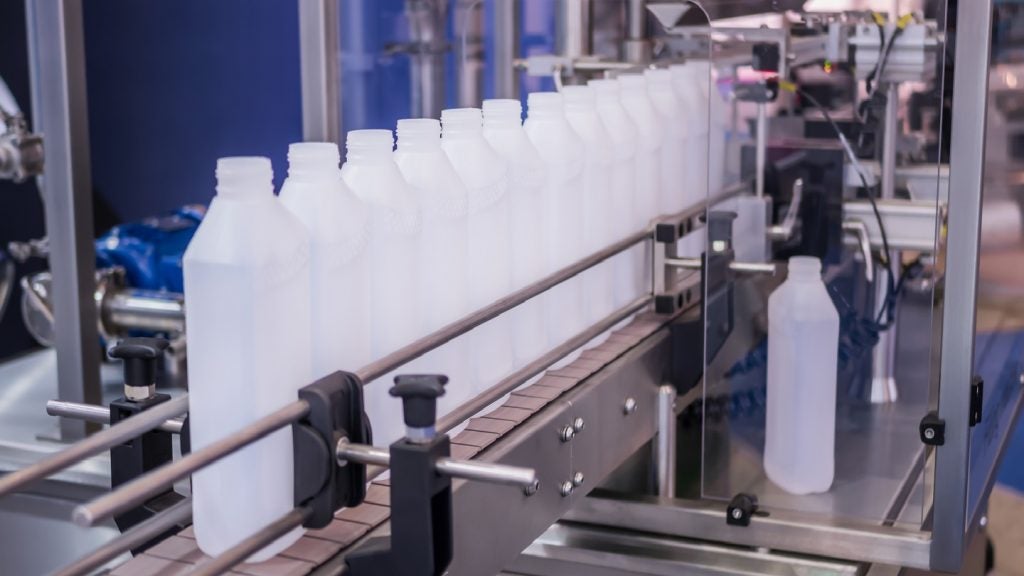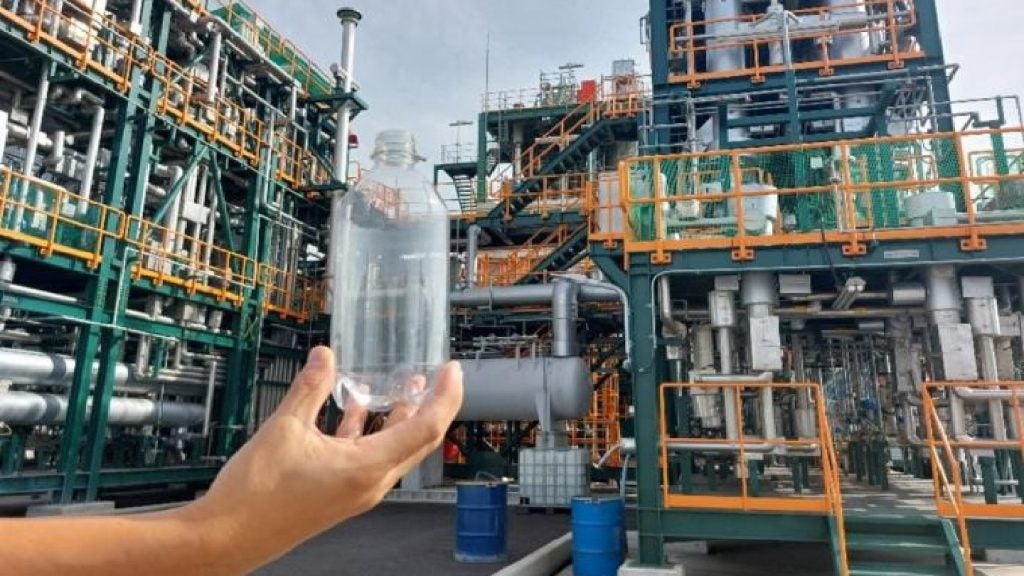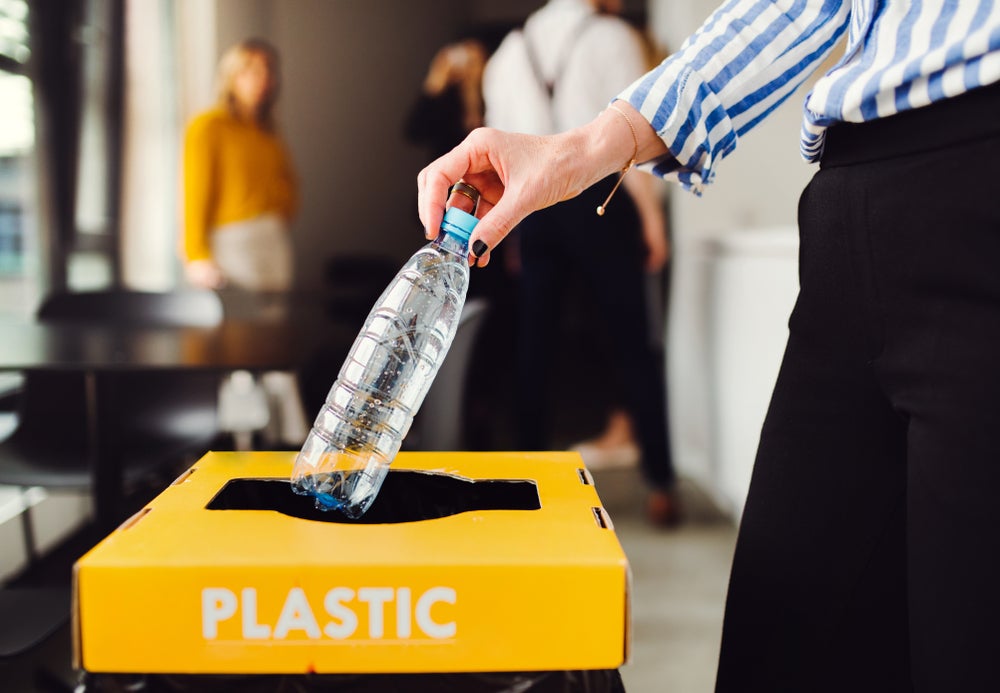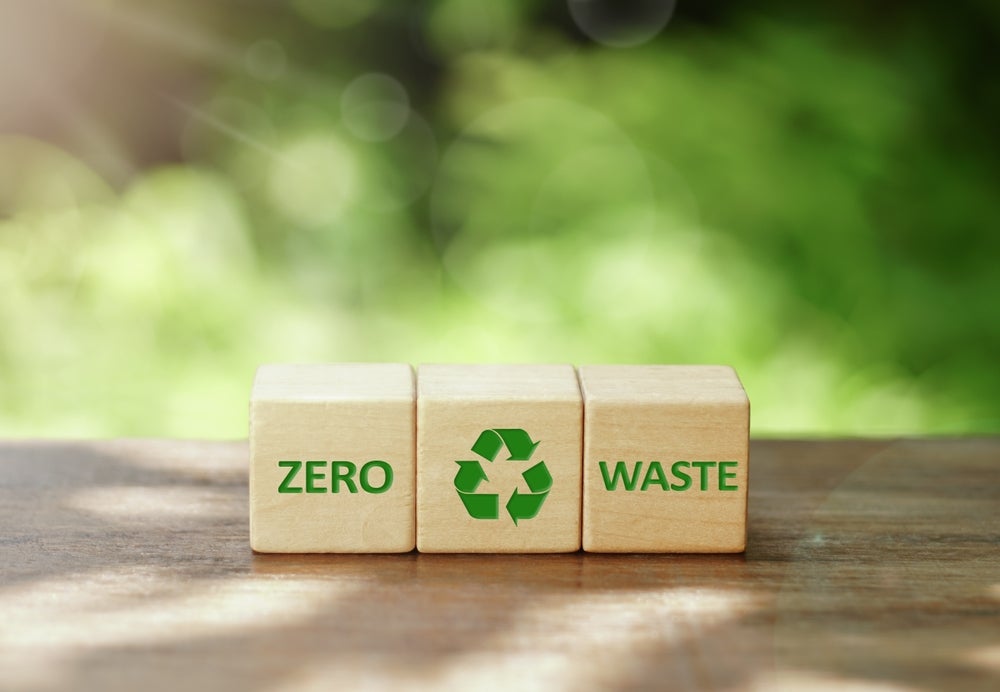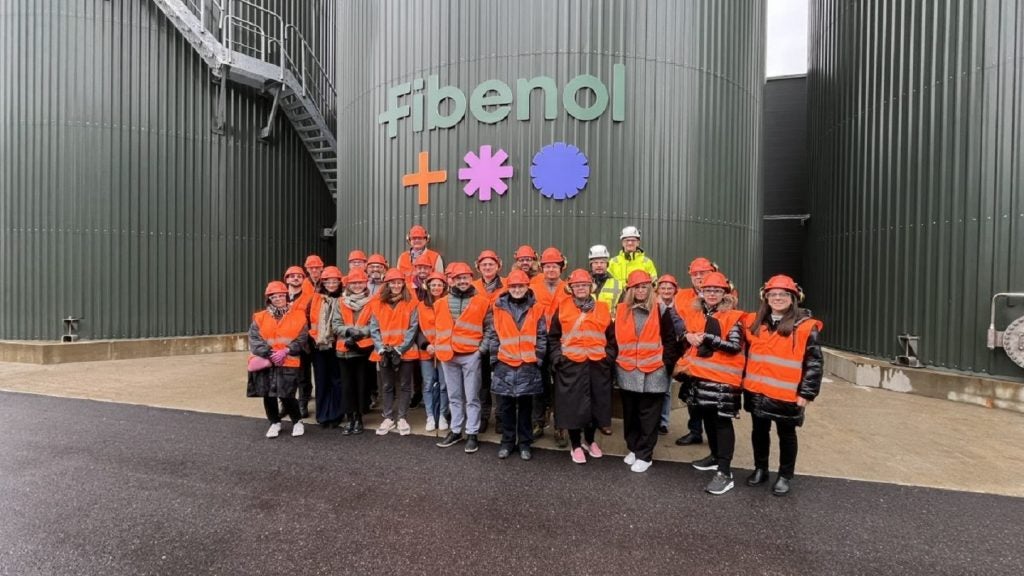West Virginia University (WVU), US, researchers are developing a new method of recycling polypropylene (PP), a commonly used plastic for packaging, by employing microwave technology.
The process, spearheaded by WVU chemical engineer Yuxin Wang, aims to recover the chemical compound propylene from used PP products through an energy-efficient approach.
Wang highlights the dual benefits of this technology: precise control over the heating process and the ability to operate at significantly lower temperatures - around 300°C compared to the conventional 600°C or 700°C.
The technique involves using microwaves to heat a catalyst material that then transfers the heat to the PP waste, breaking it down into its original chemical components.
This upcycling method differs from traditional recycling as it does not merely break down materials for reuse but reverts them back to their basic chemicals.
These can then be utilised in manufacturing a variety of products, not just recreating the original item.
The research has garnered a $1m grant from the US Department of Energy (DOE).
Wang said: "In recycling, you crush a water bottle into small pieces and then use those pieces to build a bottle again. Recycling limits your utilisation.
“We want to generate chemicals that not only can be used to manufacture polypropylene again but also can be valuable in other reactions.”
The project also offers educational opportunities for WVU students, who will gain hands-on experience with advanced techniques at the Advanced Photon Source (APS) facility located at Argonne National Laboratory in Illinois.
Students will collaborate with Tao Li from Northern Illinois University, an expert in the catalytic reaction processes.
Wang added: “As part of this study, WVU students will be able to use new techniques developed at APS for use in the Argonne ‘synchrotron,’ a kind of particle accelerator. They’ll learn plastic upcycling mechanisms and become part of the solution for our plastic waste issue.”


